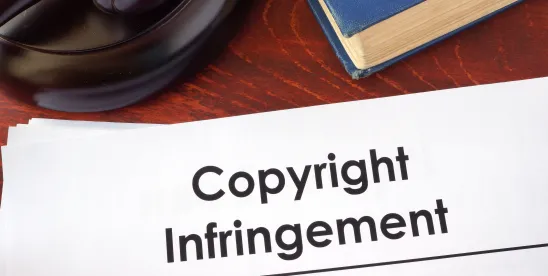Thomson Reuters scored a major victory in one of the first cases dealing with the legality of using copyrighted data to train artificial intelligence (AI) models. In 2020, Thomson Reuters sued the now-defunct AI start-up Ross Intelligence for alleged improper use of Thomson Reuters materials, including case headnotes in its Westlaw search engine, to train its new AI model.
A key issue before the court was whether Ross Intelligence’s usage of headnotes constituted fair use, which permits a person to use portions of another’s work in limited circumstances without infringing on their copyright. Courts use four factors to determine whether a defendant can successfully use the fair use defense: (1) the purpose and character of the use; (2) the nature of the copyrighted work; (3) how much of the work was copied and was that a substantial part of the entire work; and (4) whether the defendant’s use of the work affected its value.
In this case, federal judge Stephanos Bibas determined that each side had two factors in their favor. But the fourth factor, which supported Thomson Reuters, weighed most heavily in his finding that the fair use defense was inapplicable because Ross Intelligence sought to develop a competitive product. Lawsuits against other companies, like OpenAI and Microsoft, are currently pending in courts throughout the country, and decisions in those cases may involve similar questions about the fair use defense. However, Judge Bibas noted that Ross Intelligence’s AI model was not generative and that his decision was based only on Ross’s non-generative AI model. The distinction between the training data and resulting outputs from generative and non-generative AI will likely be key to deciding future cases.



 />i
/>i

